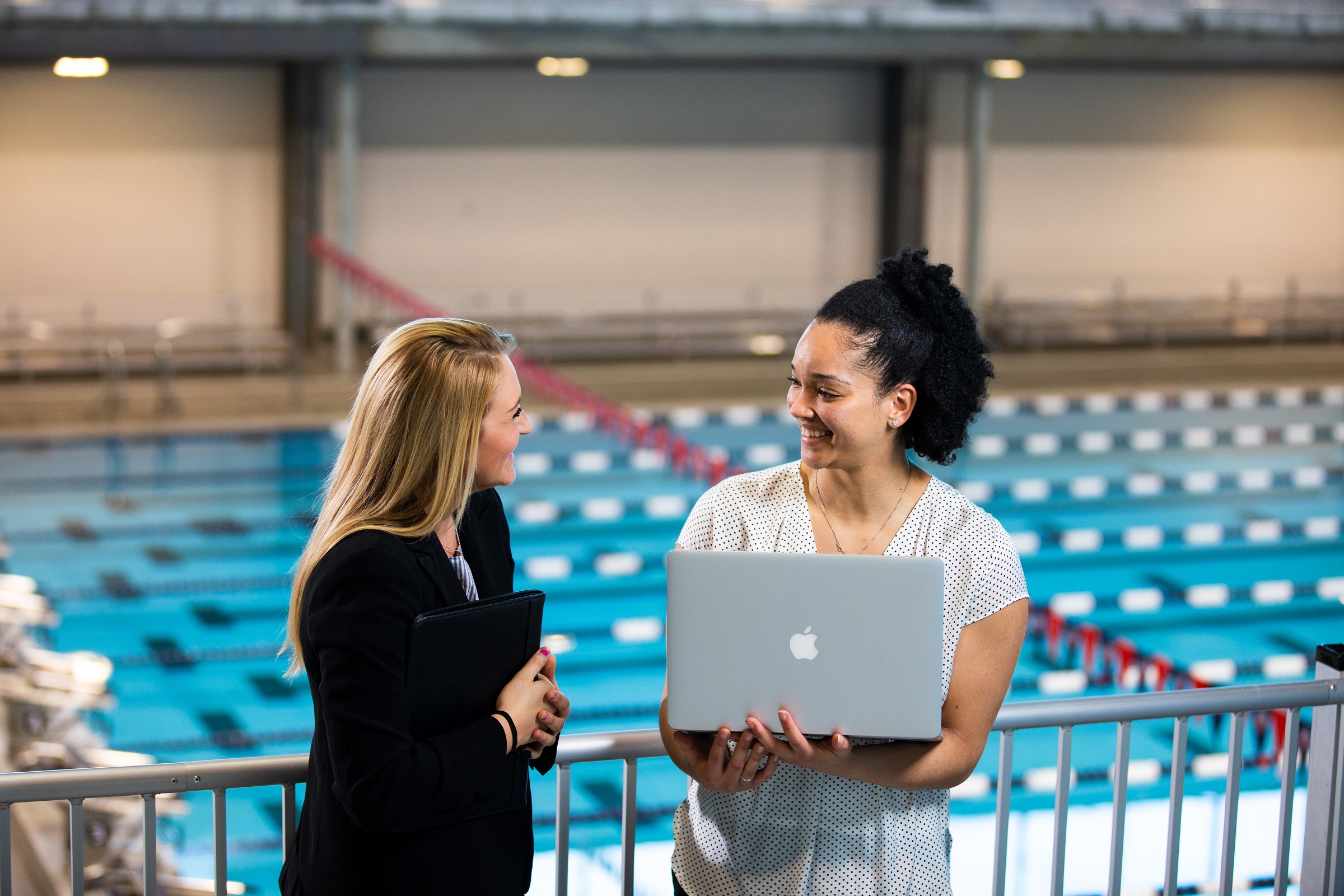Sports management studies increasingly recognize the importance of global engagement. International learning gives students valuable chances to connect classroom material with lived experiences. Exposure to varied cultures builds confidence and sharpens leadership skills for long-term careers. Global study enriches academic knowledge while developing leadership skills through a master en gestión deportiva.
Global Programs Expand Student Horizons
International programs present new pathways for aspiring professionals. Learners access diverse teaching frameworks shaped by cultural differences within the sports sector. Meeting different organizational styles introduces perspectives unavailable through local instruction. These opportunities broaden horizons while strengthening student adaptability in competitive global environments.
Cultural Understanding Shapes Decision Making
Leaders in sports must often adjust plans to cultural settings. International education provides firsthand awareness of expectations across multiple regions. Students learn to interpret behavior, values, and communication methods in strategic contexts. This knowledge helps graduates make decisions that respect cultural variety while achieving objectives.
Experiential Learning Builds Leadership Confidence
Global courses emphasize applied learning rather than passive study. Students participate in internships, observe tournaments, and collaborate with international experts. These experiences challenge them to test skills within active professional settings. Practical assignments build resilience and confidence that translates directly into leadership readiness.
International Projects Strengthen Professional Readiness
International projects demand teamwork, creativity, and resource management. Learners work on campaigns, logistics, or sponsorship planning under global conditions. Each challenge strengthens awareness of how sports organizations operate differently across borders. Students adapt quickly to diverse challenges, and a master en gestión deportiva enhances their ability to apply lessons internationally.

Can Global Study Boost Career Value?
Yes, global education clearly raises a graduate’s career appeal. Employers appreciate the balance between academic training and cultural flexibility. Candidates with such experience often rise above peers in hiring processes. Recruiters find confidence in applicants who prove competence across different markets.
This edge carries into promotions and leadership development opportunities. Employers seek versatility, and graduates with global exposure provide exactly that combination. Their preparation shows through problem solving, communication, and decision-making across dynamic conditions.
Classroom Knowledge Meets Real Environments
Theories gain meaning when tested outside classroom walls. International experiences demand that students apply academic concepts within real organizations. Classroom discussions evolve into strategies executed under practical constraints. Learners witness outcomes directly, gaining sharper understanding of professional dynamics.
These lessons influence decision-making well beyond graduation. Graduates use international exposure as a resource that shapes their professional choices for years.
Graduates Carry Global Insights Forward
International learning remains an enduring resource for graduates. The insights from cultural interaction shape careers long after program completion. Students leave not only with credentials but with permanent adaptability.
Over time, these perspectives guide leadership, negotiation, and organizational planning. Graduates prove that exposure abroad creates benefits extending throughout lifelong professional growth.
